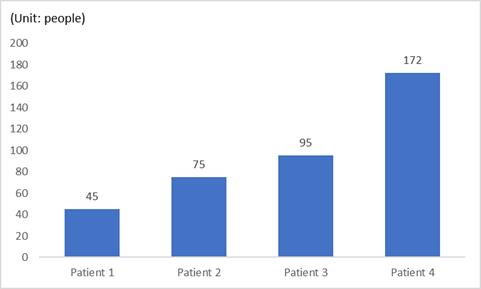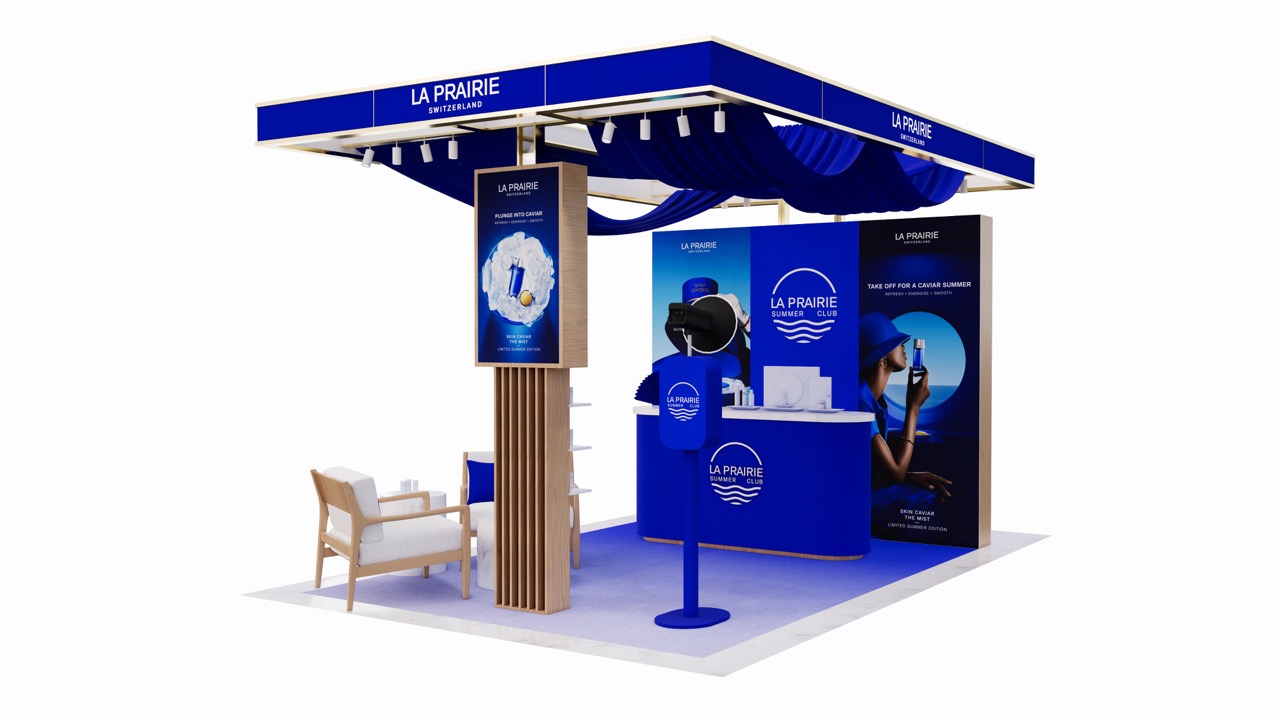CHINA/KOREA/INTERNATIONAL. The medical community expects that the next one to two weeks will determine the extent of the spread of the coronavirus from heightened travel during Lunar New Year.
Lunar New Year began on 25 January and traffic will have intensified between 24-27 January. The incubation period for the virus is believed to be between two and ten days, according to the World Health Organization (WHO).
The third and fourth patients passed through airport screening and visited densely populated areas such as Gangnam and duty free stores in Seoul
In South Korea, three of the four confirmed cases of the virus were from travellers arriving during the Lunar New Year holiday. Korea’s second patient arrived in Korea on 24 January; the third arrived on the 26th; and the fourth arrived on the 27th.

Reports of the virus having the capability to spread during the patient’s incubation period are of much concern. Although the second patient was quarantined at home after displaying symptoms at the airport, the third and fourth patients passed through airport screening and visited densely populated areas such as Gangnam and duty free stores in Seoul.
According to Korea’s Center for Disease Control & Prevention, there have been 187 suspected cases in Korea. Four were confirmed to have the coronavirus, with 28 medical observations and 155 released.
It remains to be seen if any of the other exposures will develop symptoms and increase the spread of the virus as a result of travel during Lunar New Year. Among the 387 exposed to the virus, 16 have left Korea for other destinations.













